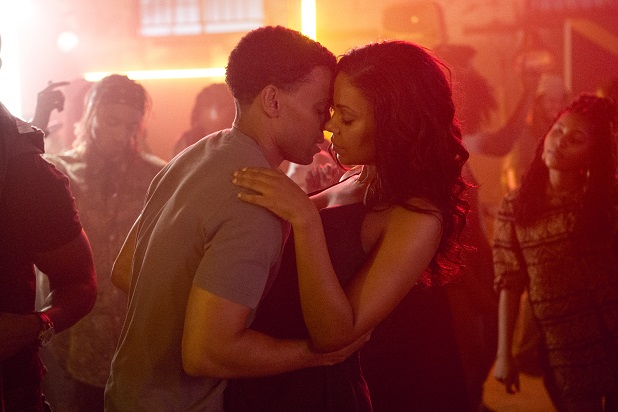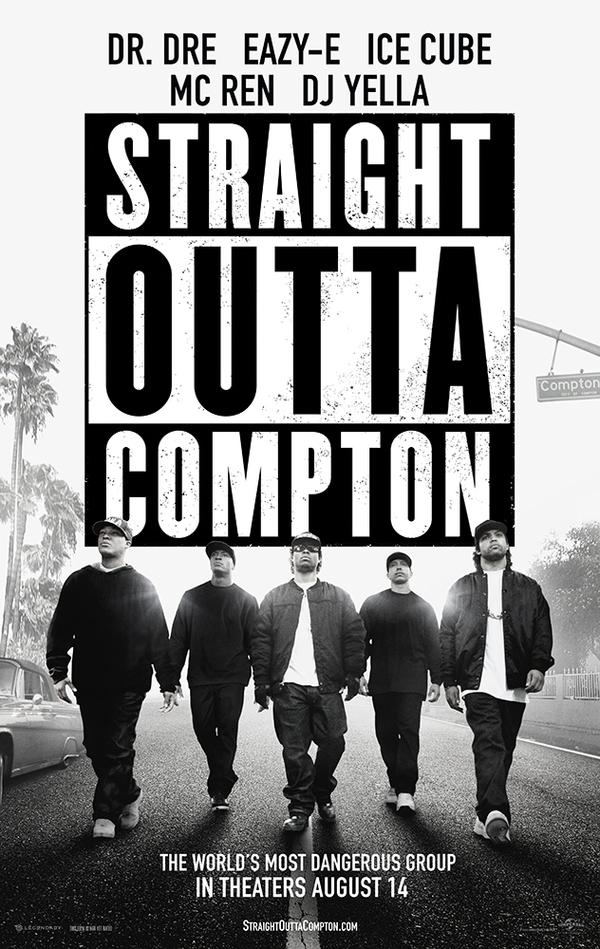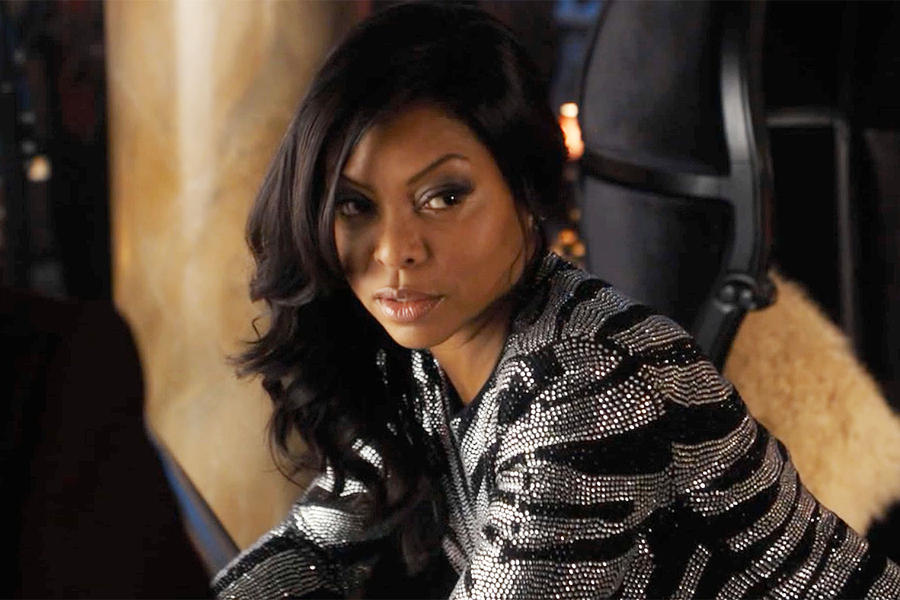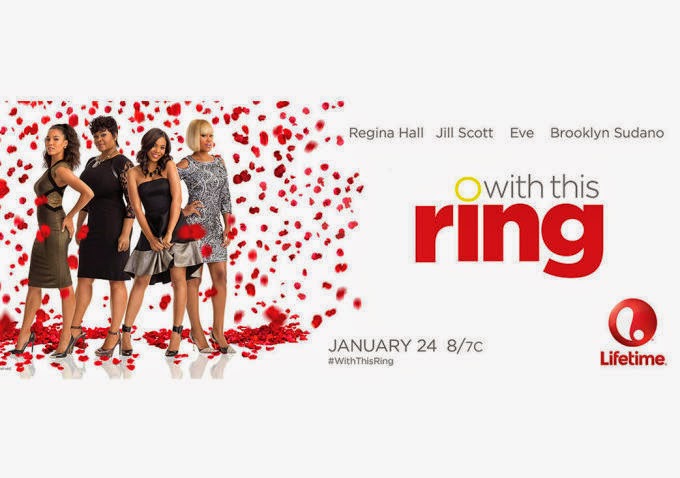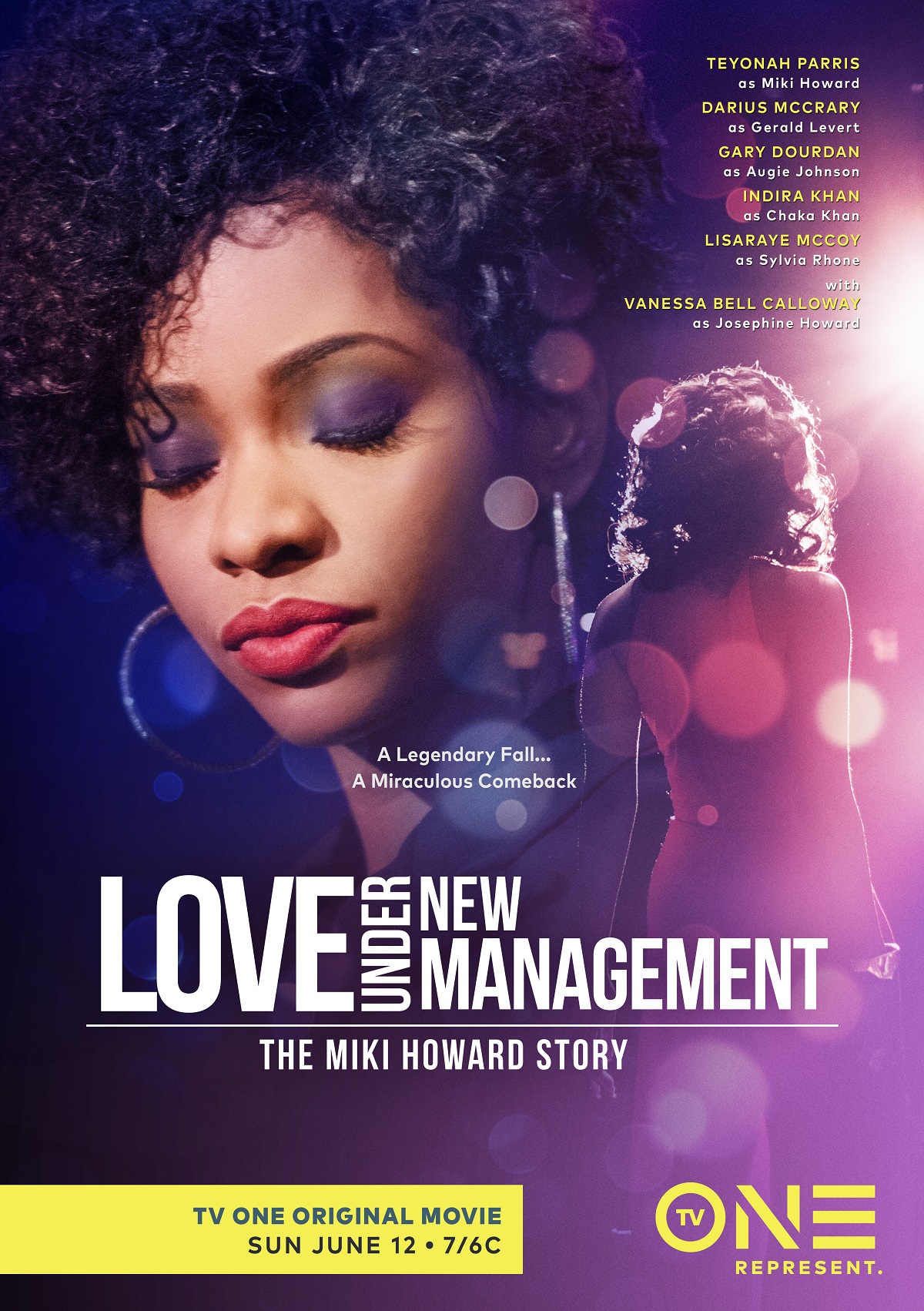 There are some songs that when played, take us back to a specific time or place. Miki Howard’s “Come Share My Love” reminds me of my childhood; riding in the car with my mother while Miki’s stunning voice smoothly glided out of the radio. For years, I never knew much about the songstress herself. However, when TV One’s “Unsung“ episode surrounding Miki Howard aired in 2010, I along with the rest of the world, was enraptured not just by her stunning music and success, but also by her turbulent personal life.
There are some songs that when played, take us back to a specific time or place. Miki Howard’s “Come Share My Love” reminds me of my childhood; riding in the car with my mother while Miki’s stunning voice smoothly glided out of the radio. For years, I never knew much about the songstress herself. However, when TV One’s “Unsung“ episode surrounding Miki Howard aired in 2010, I along with the rest of the world, was enraptured not just by her stunning music and success, but also by her turbulent personal life.
As a result of the overwhelmingly positive reception surrounding Ms. Howard’s story, and in celebration of Black Music Month, TV One is debuting their first ever Unsung-inspired biopic, “Love Under New Management: The Miki Howard Story”. Directed by Christine Swanson, and with Teyonah Parris starring as Miki Howard, the film is set to premiere on TV One, Sunday, June 12 at 7pm ET.
Along with Parris, the star-studded cast includes, Vanessa Bell Calloway, Gary Dourdan, LisaRaye McCoy and Darius McCrary as the late Gerald Levert. Leading up to the film’s premiere, I got the opportunity to chat first with director, Christine Swanson and then with Teyonah Parris and Ms. Miki Howard about the film, creating a special bond, surviving and the music that runs throughout the story.
Aramide Tinubu: Ms. Swanson, I’ve admired you since your feature film debut, “All About You”. You’ve done amazing projects in the past with TV One, but “Love Under New Management: The Miki Howard Story” is different because it is biographical. What was that experience like for you, and how did you come aboard the film as director?
Christine Swanson: I was hired by the network to direct the movie. This kind of biopic based on someone’s life who is living is obviously a little intimidating. Then when I actually met Miki Howard, that was a little intimidating. She’s just this music icon in my opinion, because when I was growing up, Miki Howard was the soundtrack to my youth. Just interfacing with that pivotal person from your youth, added to the fact that I had to tell her story, was kind of nerve wrecking on a number of different levels. Mostly, I just wanted to honor her legacy properly in a way that was pleasing to her.
AT: Oh certainly.
CS: Then of course, when you’re doing a movie for a network you have to please the network. However, you also have to have a specific directorial vision. Just balancing all of that was a very fun challenge. It was difficult, but it was really a delight for me, because I’m a director and I love story telling. To tell Miki’s story the way we did… the movie doesn’t do justice to her life. We come close to showing what a breath of fresh air she is. However, there was a lot more of her story that I wish I could have told, like in a miniseries or something. But, I think we packed a whole lot in a short amount of time.
AT: Oh yes, you really did. You got those thirty years that were essential to understanding Miki personally, while getting a grasp on the trajectory of her career. You just discussed navigating your way through your particular vision, what TV One wanted and what Miki wanted. How did you decide what parts of Miki’s life were most important to show and which parts to leave out?
CS: Let’s just say that the story wrote itself in terms of everything that’s in there. It’s all from Miki Howard. Her initial story was based on a self-published unreleased autobiography. It was used as source material for the script. When I received the script, I was kind of perplexed about how to approach it, but I knew that I had to talk to Miki. So initially when I met Miki Howard right out of the bat, we spent over fifty-hours just talking on the telephone. In talking with her, it was as if someone stuck a syringe needle in my vain. It was as if someone had shocked me with a potent dose of Miki Howard. That became the inspiration that I used to infuse her story. I just felt like I was a conduit for her story. I balanced all of it by knowing that I wanted to hear Miki’s voice. I was always like “Who are you? Tell me about yourself. You did this, what did you think about this? How did that turn out? How did you get here?” Just getting all of that from Miki was really the main motivation and the main driving force behind the story. It’s all Miki. If you talk to Miki she would say that she loves this movie because every bit of it comes from her.
AT: That’s wonderful, it’s such a privilege, to be able to tell your own story.
CS: I know, and that was my only goal. I was like if Miki ain’t happy then I failed. And you know, the network was very supportive in telling a really good biopic because this is their first, and they wanted to make sure it wouldn’t be their last. They said to me, “Whatever you need, just make a good movie.” Because of that, they gave me they best actress on the planet right now.
AT: Yes, Teyonah is amazing!
Continue reading on Shadow and Act.
Image: TV One
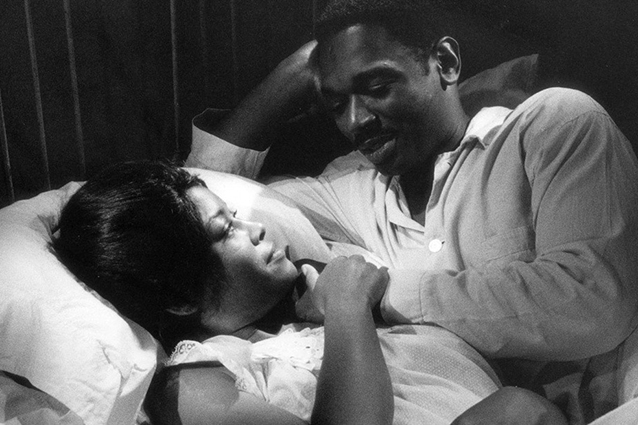
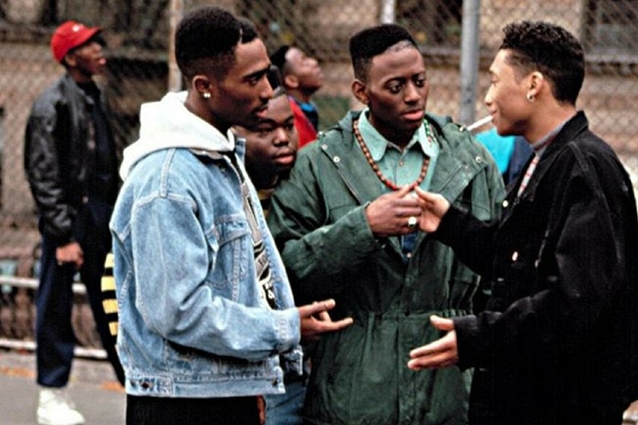


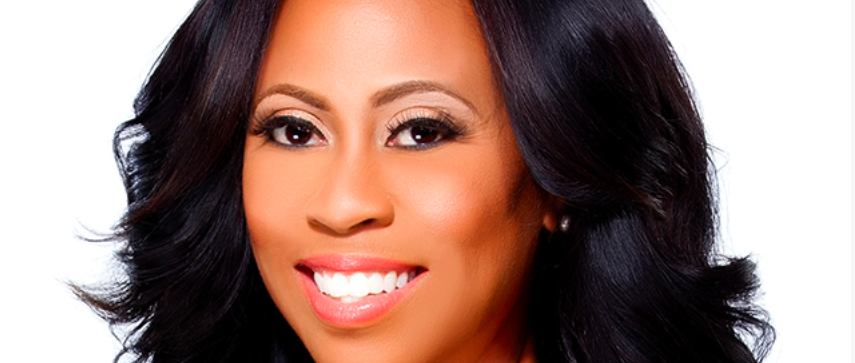
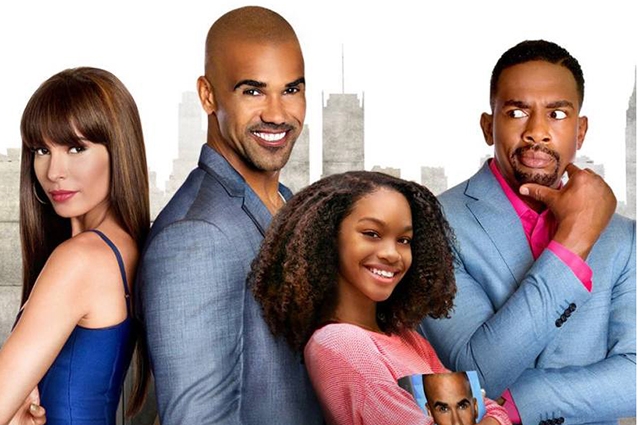 I’ll deny it if you ever bring it up in conversation, but the truth is, I have a pretty large obsession with romance novels. My Kindle is nearly bursting with them. It’s something about those inevitable plot points full of grand gestures and just a bit of conflict that put a smile on my face, even when the world is literally crumbling around me. Marking his first venture into producing, Shemar Moore’s newest film “The Bounce Back” felt exactly like returning to a favorite romance book.
I’ll deny it if you ever bring it up in conversation, but the truth is, I have a pretty large obsession with romance novels. My Kindle is nearly bursting with them. It’s something about those inevitable plot points full of grand gestures and just a bit of conflict that put a smile on my face, even when the world is literally crumbling around me. Marking his first venture into producing, Shemar Moore’s newest film “The Bounce Back” felt exactly like returning to a favorite romance book.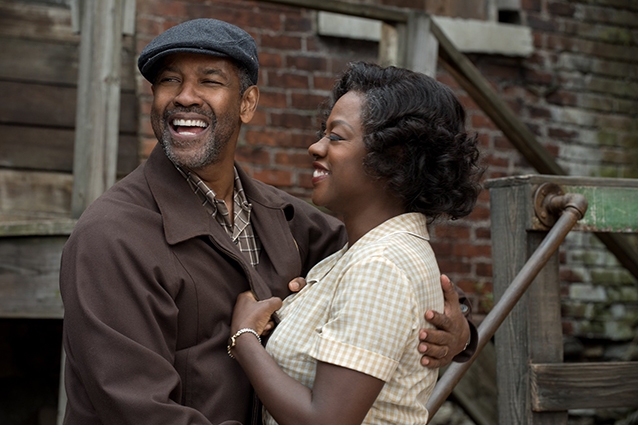 As a child, like most children I presume, I did not think of my parents as real people. They acted instead as my comforters and my providers, the people I stretched out my hands towards when I needed something. I was nearly out of the house before I considered what they might have given up; what dreams they may have sacrificed or brushed aside in the 60’s, the ’70s and ‘80s to provide my sister and myself with the best life that they could. For us, they moved through life often joyful but at times enraged; continually propping up a marriage that was long past its expiration date. Though I lived in their story with them, for the first part of my life, I observed as an outsider, labeling them as who they presented themselves to be instead of who they actually were. I, their eldest child, was guilty of not really seeing them in the full scope of their humanity.
As a child, like most children I presume, I did not think of my parents as real people. They acted instead as my comforters and my providers, the people I stretched out my hands towards when I needed something. I was nearly out of the house before I considered what they might have given up; what dreams they may have sacrificed or brushed aside in the 60’s, the ’70s and ‘80s to provide my sister and myself with the best life that they could. For us, they moved through life often joyful but at times enraged; continually propping up a marriage that was long past its expiration date. Though I lived in their story with them, for the first part of my life, I observed as an outsider, labeling them as who they presented themselves to be instead of who they actually were. I, their eldest child, was guilty of not really seeing them in the full scope of their humanity. After saying goodbye to “Criminal Minds” earlier this year, actor Shemar Moore is stepping into a new role, funding and producing his first feature film, “The Bounce Back.” Moore stars alongside Nadine Velazquez and Bill Bellamy in this warm, romantic comedy about love, intimacy, and second chances. Moore recently chatted with me about his new role as a producer, what inspired him to step behind the scene, the current state of independent filmmaking and what’s next for him.
After saying goodbye to “Criminal Minds” earlier this year, actor Shemar Moore is stepping into a new role, funding and producing his first feature film, “The Bounce Back.” Moore stars alongside Nadine Velazquez and Bill Bellamy in this warm, romantic comedy about love, intimacy, and second chances. Moore recently chatted with me about his new role as a producer, what inspired him to step behind the scene, the current state of independent filmmaking and what’s next for him.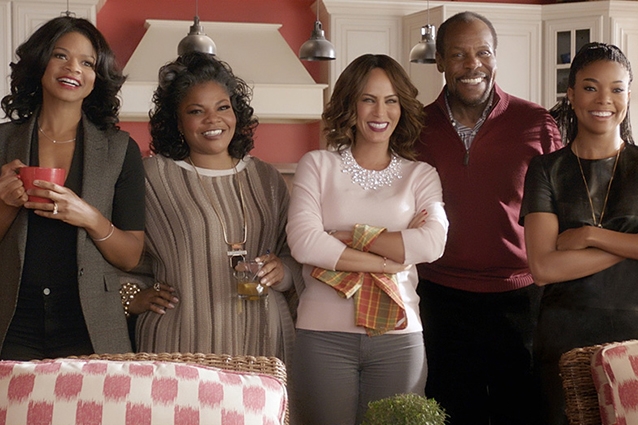 Holiday season movies are a time-honored tradition, but African American holiday season films exist in a genre of their own. From Malcolm Lee’s “The Best Man Holiday” to Preston A. Whitmore II’s “This Christmas,” the nuances of black life at the proverbial “most wonderful time of the year” have enraptured audiences for years. David E. Talbert’s latest entry “
Holiday season movies are a time-honored tradition, but African American holiday season films exist in a genre of their own. From Malcolm Lee’s “The Best Man Holiday” to Preston A. Whitmore II’s “This Christmas,” the nuances of black life at the proverbial “most wonderful time of the year” have enraptured audiences for years. David E. Talbert’s latest entry “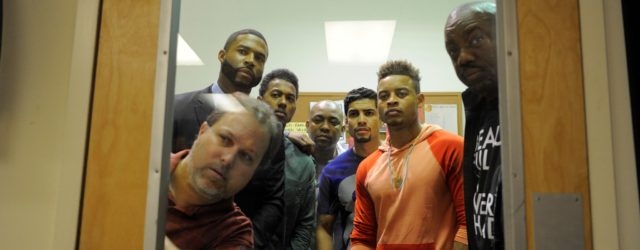 My father was not perfect. A Nigerian immigrant born in the late ‘40s, he had his work cut out for him raising two little girls on the South Side of Chicago during the ‘90s. Naturally we butted heads quite often. Some days our arguments stemmed from our cultural differences, other days it was simply normal tensions that brew between daughters and their fathers. Despite all this, there are memories that I have of him that will remain with me until the day I take my last breath. From school science projects and “Harry Potter”, to my love and obsession for films, my father was pivotal in molding me into the woman that I am now. When I laid him to rest on a bitterly cold day the year I turned twenty-three, I knew that despite everything, he’d done the best that he could. Unfortunately, there are millions of people, especially in the Black community that cannot say the same about their fathers.
My father was not perfect. A Nigerian immigrant born in the late ‘40s, he had his work cut out for him raising two little girls on the South Side of Chicago during the ‘90s. Naturally we butted heads quite often. Some days our arguments stemmed from our cultural differences, other days it was simply normal tensions that brew between daughters and their fathers. Despite all this, there are memories that I have of him that will remain with me until the day I take my last breath. From school science projects and “Harry Potter”, to my love and obsession for films, my father was pivotal in molding me into the woman that I am now. When I laid him to rest on a bitterly cold day the year I turned twenty-three, I knew that despite everything, he’d done the best that he could. Unfortunately, there are millions of people, especially in the Black community that cannot say the same about their fathers.
 There are some songs that when played, take us back to a specific time or place. Miki Howard’s “Come Share My Love” reminds me of my childhood; riding in the car with my mother while Miki’s stunning voice smoothly glided out of the radio. For years, I never knew much about the songstress herself. However, when TV One’s “Unsung“ episode surrounding Miki Howard aired in 2010, I along with the rest of the world, was enraptured not just by her stunning music and success, but also by her turbulent personal life.
There are some songs that when played, take us back to a specific time or place. Miki Howard’s “Come Share My Love” reminds me of my childhood; riding in the car with my mother while Miki’s stunning voice smoothly glided out of the radio. For years, I never knew much about the songstress herself. However, when TV One’s “Unsung“ episode surrounding Miki Howard aired in 2010, I along with the rest of the world, was enraptured not just by her stunning music and success, but also by her turbulent personal life.
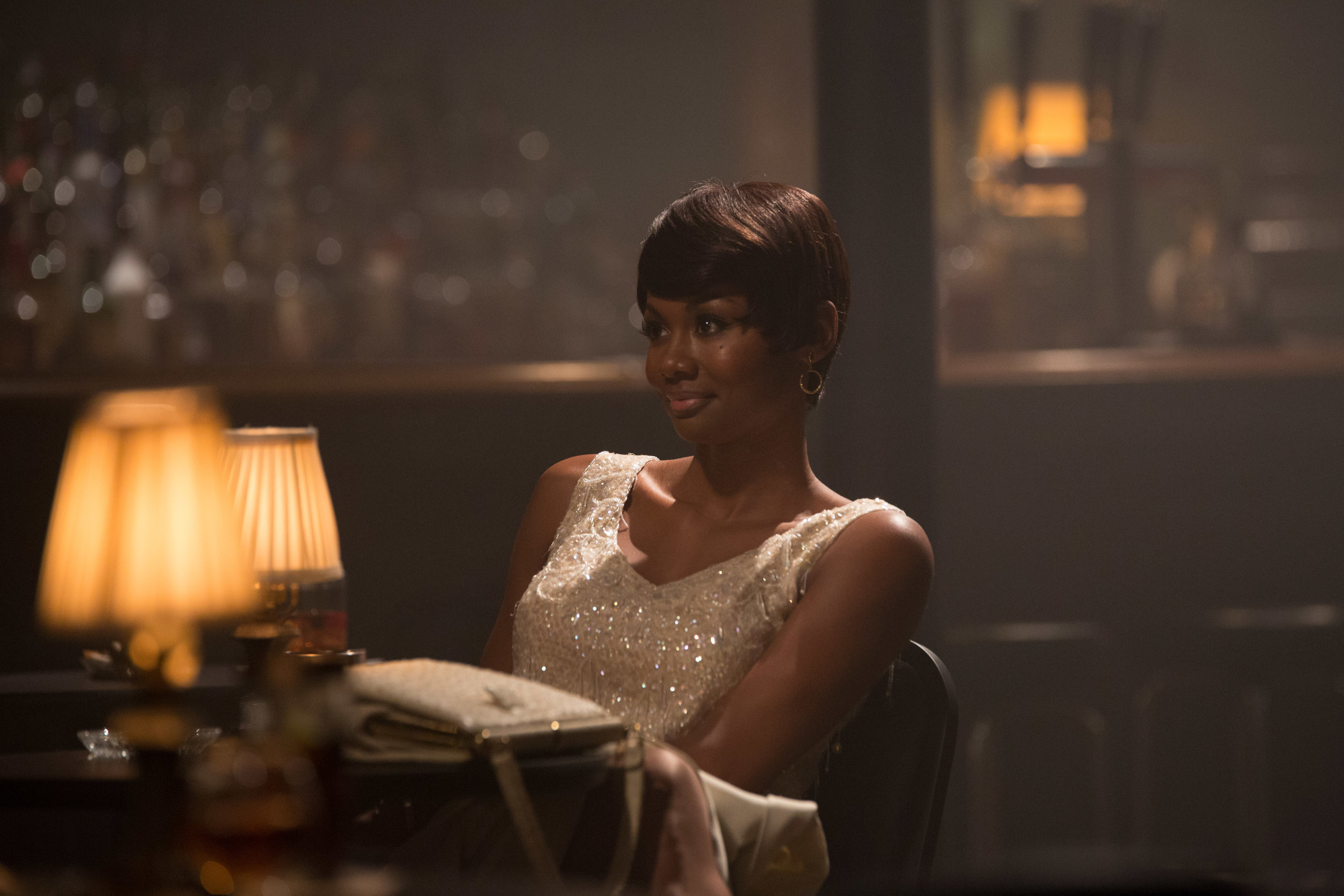 In a project that is eight years in the making, Don Cheadle stars in his directorial debut as the legendary musician Miles Davis. “Miles Ahead” is a film that pays reverence not only to the musician, but also to Davis’ first wife, Frances Taylor Davis, the woman who inspired his critically acclaimed seventh album, “One Day My Prince Will Come.” The gracious and stunning Emayatzy Corinealdi stars as Ms. Taylor Davis in “Miles Ahead”. I had the opportunity to sit down and chat with her about the role, working with Don Cheadle and connecting with the real Frances Taylor Davis.
In a project that is eight years in the making, Don Cheadle stars in his directorial debut as the legendary musician Miles Davis. “Miles Ahead” is a film that pays reverence not only to the musician, but also to Davis’ first wife, Frances Taylor Davis, the woman who inspired his critically acclaimed seventh album, “One Day My Prince Will Come.” The gracious and stunning Emayatzy Corinealdi stars as Ms. Taylor Davis in “Miles Ahead”. I had the opportunity to sit down and chat with her about the role, working with Don Cheadle and connecting with the real Frances Taylor Davis.
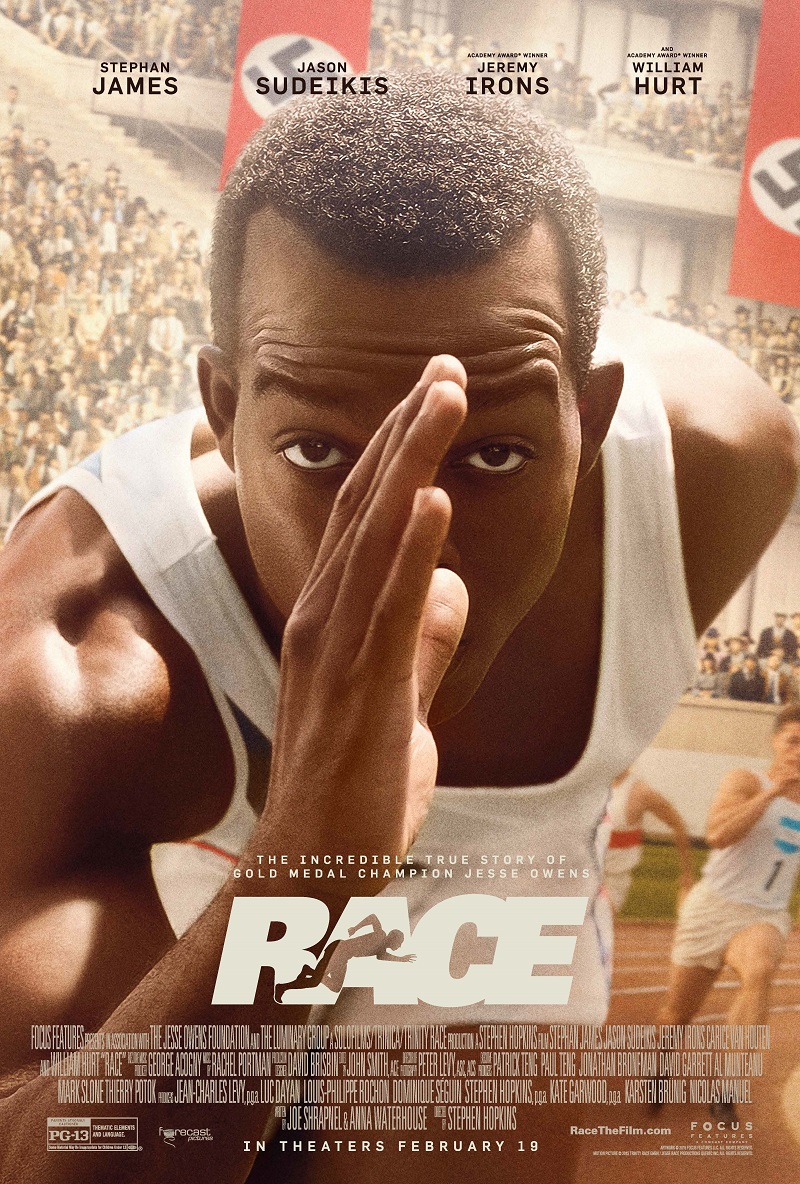 Hollywood seems to pride itself on biopics of historical Black figures. Over the past several years, Jackie Robinson, James Brown and Bessie Smith’s stories have all gotten the film treatment. This year, it’s Olympic Gold medalist and track star Jesse Owens’ turn in the film “Race”.
Hollywood seems to pride itself on biopics of historical Black figures. Over the past several years, Jackie Robinson, James Brown and Bessie Smith’s stories have all gotten the film treatment. This year, it’s Olympic Gold medalist and track star Jesse Owens’ turn in the film “Race”.
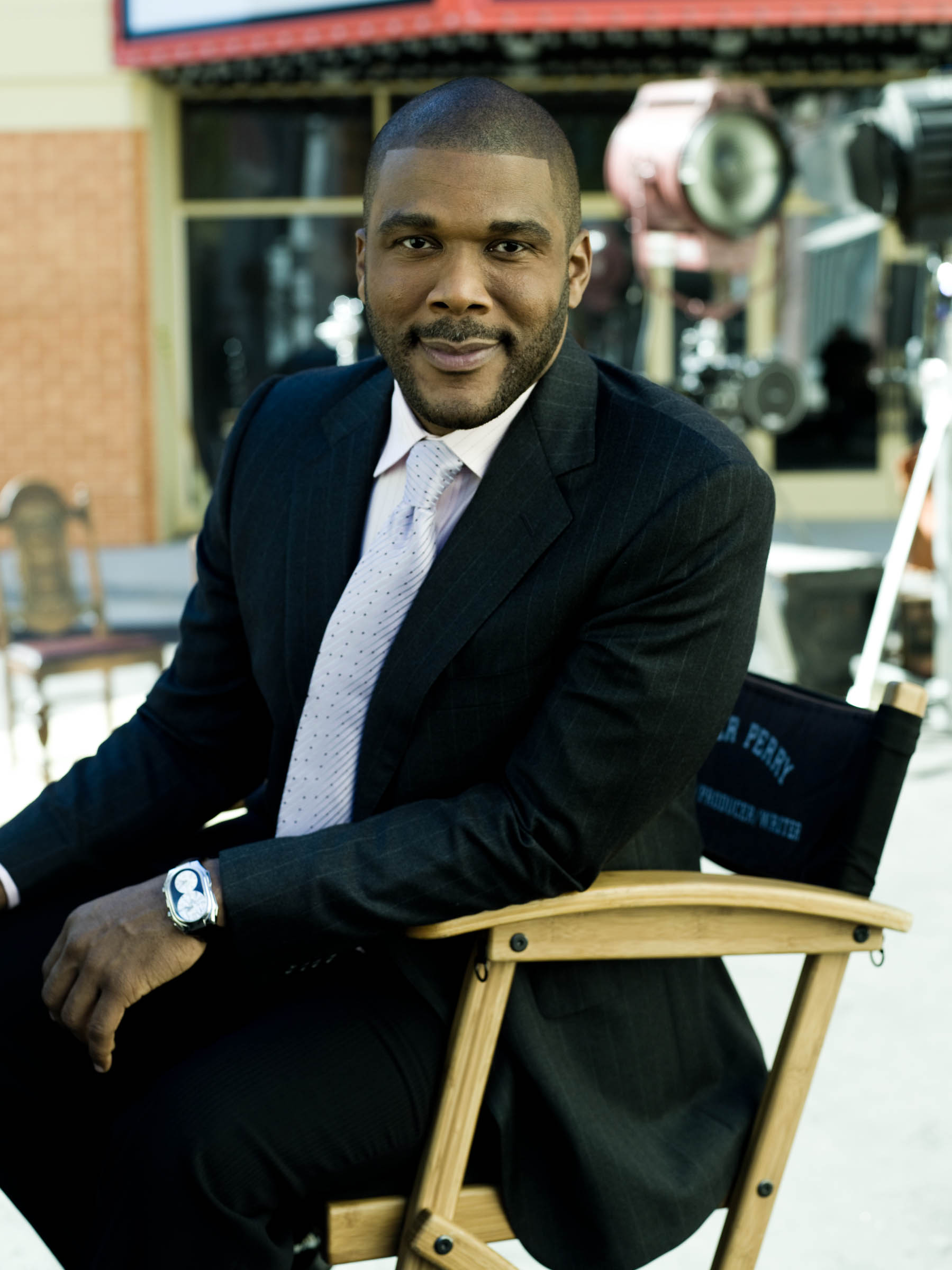 I’ve personally never felt that characters of African decent should be inherently good, educated, or of a particular caliber in order to be presented in film and on television. In my opinion, that is an argument of past centuries, when the narrative of Black Americans on screen may have needed a particular sort of trajectory. I also feel that everyone has a right to tell their stories, but I don’t feel that these stories should be mediocre or inherently stereotypical, which is why I often find the work of Tyler Perry extremely problematic. Still, despite my criticisms and the criticisms of others, Perry has carved out a prolific path for himself in the entertainment industry. From his stage plays to his body of films, and now with four shows on Oprah Winfrey’s OWN Network, including, “Love Thy Neighbor” and “The Haves and the Have Nots”, which premièred last week to over 3 million viewers, it’s clear that his audience is always eager to tune in.
I’ve personally never felt that characters of African decent should be inherently good, educated, or of a particular caliber in order to be presented in film and on television. In my opinion, that is an argument of past centuries, when the narrative of Black Americans on screen may have needed a particular sort of trajectory. I also feel that everyone has a right to tell their stories, but I don’t feel that these stories should be mediocre or inherently stereotypical, which is why I often find the work of Tyler Perry extremely problematic. Still, despite my criticisms and the criticisms of others, Perry has carved out a prolific path for himself in the entertainment industry. From his stage plays to his body of films, and now with four shows on Oprah Winfrey’s OWN Network, including, “Love Thy Neighbor” and “The Haves and the Have Nots”, which premièred last week to over 3 million viewers, it’s clear that his audience is always eager to tune in.

